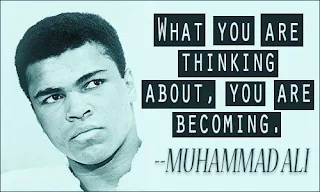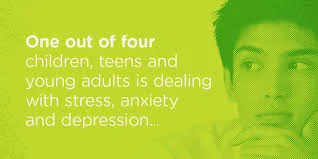Children are constructing their own views on things
(philosophies) making meaning from what they see and hear in their interactions
with others and the world. The conclusions they draw may be helpful or
unhelpful (rational or irrational) – their ‘thinking rules.’
(unconscious/unaware)
Behaviour management is not individualised – what
philosophies do those children hold (constructed)? Do they know them? How do
they effect emotional and behavioural responses to situations? What can they
learn/relearn that will help them?
One size fits all – assumes that:
- Children know how to behave
- They have all been exposed the same learning/experiences
- They therefore should know how to behave
- If they don’t behave appropriately they should be punished (because they should Know better) – This will not be the articulated position of the teacher/parent/other (they too may be unaware of their own constructed philosophies!)
This is a short term fix at best but it will:
- Not make sense to the child (doesn’t factor in what ‘thinking rules’ they have constructed)
- Children are blamed/judged on their behaviour
- Children believe they are ‘bad’
- Social and emotional problems – anxiety, depression, anger, shame
- Can’t engage in learning – ‘I’m bad/stupid/worthless/dumb.’
REBE is a long term approach to mental health/well being.
It:
- Alerts students to their ‘thinking nature.’
- Helps them identify what they believe and why and how this relates to how feel and behave
- Empowers them to monitor emotions, check thinking, recalibrate – is this as big a problem as I believe it is?
- Helps them to challenge and change destructive personal philosophies that are not based in fact and which cause them (selves) grief
- Reduces the incidence of major mental health conditions like depression and anxiety
The REBE in Schools Program
- Recognises the dignity of the person (no shame job)
- Is teacher/student/parent friendly
- Is based on well tested psychological principles (REBT)
- Recognises students as constructivists – ‘Depression is by and large constructed therefore it can be deconstructed.’ Albert Ellis
- Is systematic, relentless, comprehensive and effective in its mission
- Is highly cost effective
- Is home grown



Comments
Post a Comment